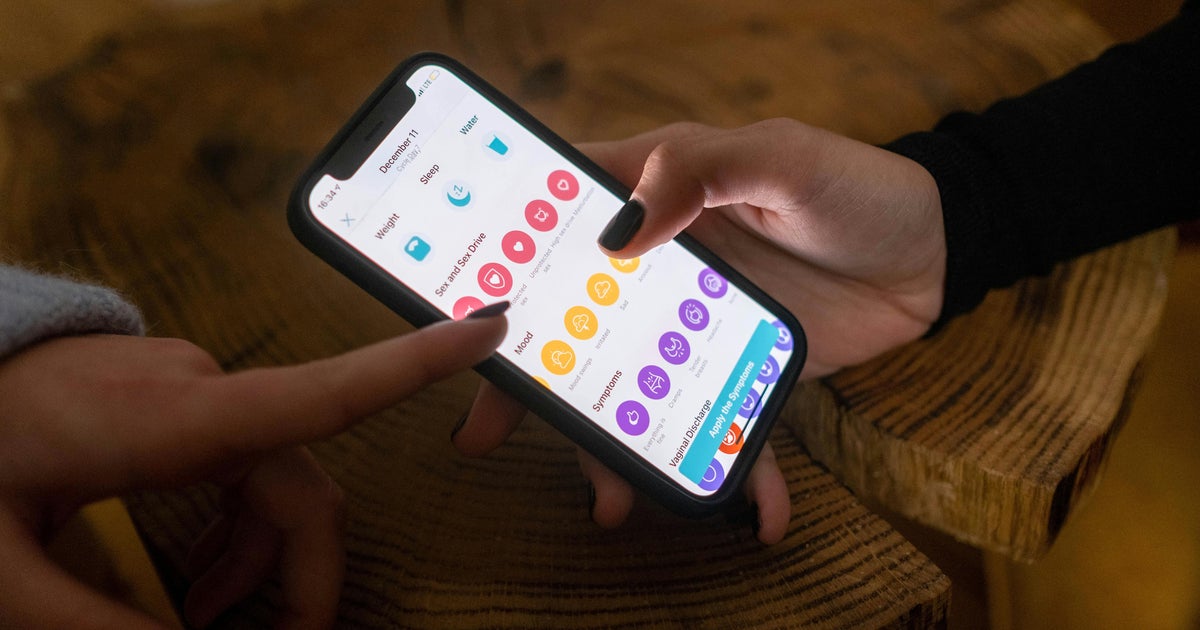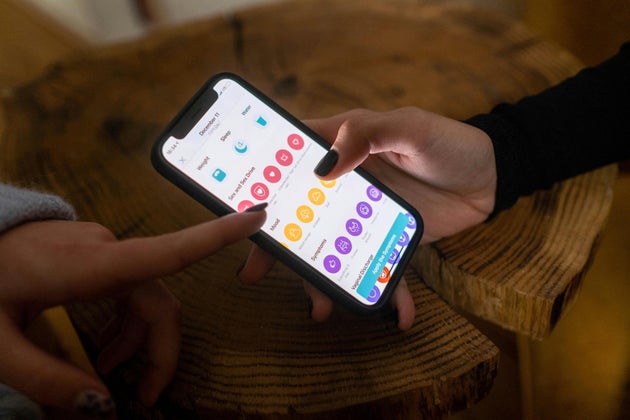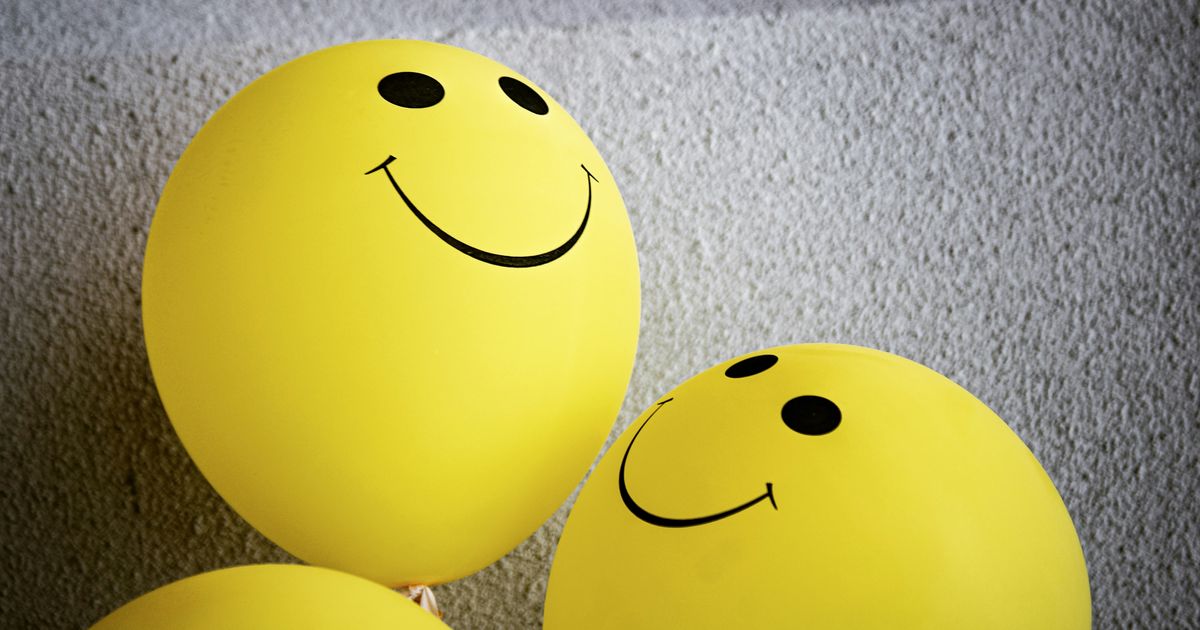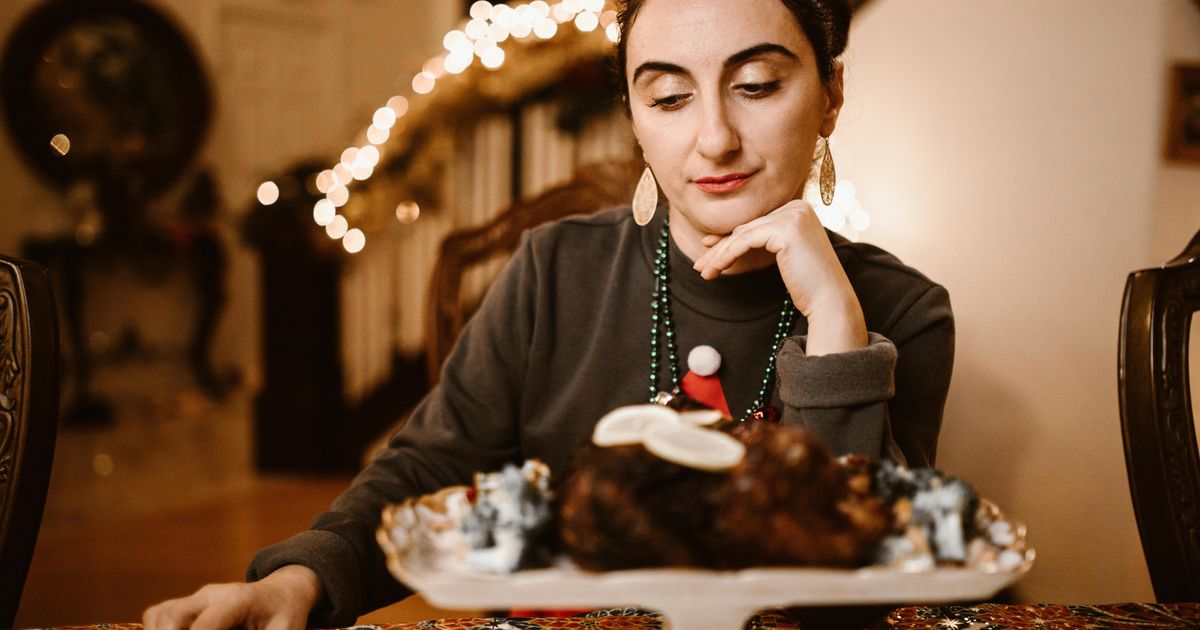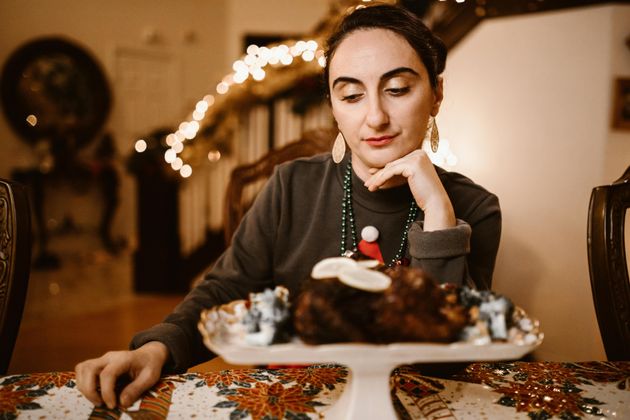Most of us have made a comment at one time or another without thinking much about its impact ― especially when it comes to kids.
Case in point: It’s fairly common for adults to tell well-behaved children they’re “mature for their age.” And while the phrase itself isn’t harmful, the message can sometimes carry a deeper and more complicated meaning, according to therapists.
Advertisement
“I think it is generally intended as a compliment,” said Justin Vafa William, a licensed clinical social worker based in Philadelphia. But “despite that intention, it does have the potential to be damaging.”
For some kids, being told they’re mature for their age ends there. There’s nothing more to it — it doesn’t manifest in distressing ways or follow them into adulthood. But for others, it could signal that something potentially damaging was going on.
Here’s what therapists want you to know if you were told you were mature for your age:
Being ‘mature for your age’ could mean you were parentified.
“I think it can be particularly damaging if viewing this child through the lens of how mature they are contributes to the parentification of the child,” William said.
Advertisement
Parentification is when a child takes on parental responsibility for their parents or siblings, whether physically, emotionally or mentally. This can look like taking on household responsibilities that an adult would typically take care of (like paying bills, making meals or grocery shopping), or caregiving for your parent or younger sibling, according to William.
It could mean you had to grow up quickly.
Being told you’re mature for your age could be a sign that you had to grow up faster than you should have, said Maggie Lancioni, a licensed professional counsellor based in New Jersey.
In other words, “they weren’t mature for their age by choice,” Lancioni said. “They basically had to be in order to survive, in order to have their needs met, in order to take care of themselves and take care of others.”
Advertisement
Think about it: A child who has to take care of their younger siblings isn’t going to be able to stay out late with friends or focus on a hobby.
It could also mean you weren’t fully able to be a kid.
A mature child is often thrust into a very adult role from a young age, which doesn’t allow the kid to be a kid, William said. Maybe you were not allowed to be silly or goofy, or make impulsive or irrational decisions, Lancioni said.
“They’re also just denied that ability to be that carefree child who’s learning and developing and making mistakes and learning from those mistakes,” William said. “There’s this pressure to really have it together all the time.”
Advertisement
This pressure can carry on throughout your life if it goes unchecked, leading you to feel like you always have to be the mature one or the caretaker, he said.
Children who are ‘mature for their age’ are often seen as reliable by adults.
If you had a mature disposition as a child, you likely displayed inner fortitude and strength, and “it’s often a sign of being empathic, being attuned,” William said.
What’s more, adults generally take a liking to these kinds of kids because they’re “more compliant, easier to communicate with and generally more people-pleasing because that’s just how they’ve had to adapt in the world,” Lancioni said.
Advertisement
It’s not fair for an adult to expect a child to be mature, or to lean on a child for their needs. But for better or worse, it’s likely that the grown-ups in your life viewed you as dependable.

Hispanolistic via Getty Images
In adulthood, it can lead to people-pleasing, poor boundaries and difficulty asking for help.
The pressure associated with being told you’re mature for your age doesn’t necessarily end in childhood.
Advertisement
“I think that it’s important to note that due to being called mature for your age when you were a child, as an adult you might find it hard to trust others,” Lancioni said. “You might find it hard to ask for help even when you need it. You might minimise and dismiss your own feelings or needs, [you] might have more difficulty setting or establishing boundaries. You might have more experiences with mental health struggles.”
Additionally, you may struggle with anxiety and people-pleasing behaviors, William said.
In adulthood, it’s important that you take care of yourself physically, emotionally, mentally and spiritually. “It’s kind of like giving yourself the love that you didn’t receive when you were a child,” Lancioni said.
Adults who feel they were forced into maturity at a young age should learn how to practice self-care, Lancioni said. “As a child, you most likely weren’t able to focus on that, or allowed to focus on that, because the focus was mostly always on other people for survival.”
Advertisement
You should also focus on “healing your inner child,” a common technique in the therapy world, she added.
“Basically, [healing your inner child is] honouring the playful, spontaneous creative side of your personality that maybe you didn’t get the chance to experience in childhood, or maybe even allowing for rest and relaxation and self-care if your childhood was more chaotic or dysfunctional,” Lancioni said.
“And then obviously, it’s also important to seek therapy if you’re really struggling, especially from a therapist who is trauma-informed and trauma-trained because everyone’s family dynamics and family experience is unique,” she said. “Everyone needs and deserves that individualized care.”
Advertisement
Instead of simply telling a child they’re mature for their age, comment on specific behaviors.
Try to skip this phrase, even if it’s coming from a good place.
“Maturity isn’t necessarily a compliment, because it could… definitely be something deeper,” Lancioni said.
Instead of saying “You’re mature for your age,” gear your statement toward a specific behaviour or action, William and Lancioni both suggested.
“Like, ‘You do such a good job expressing your feelings,’” or “‘Wow, I love how independent you are being, but just remember that you can always ask me for help if you need it,’” Lancioni said. “You can comment on the characteristics of their maturity, but not saying that in terms of ‘You’re acting older than you are and that’s a good thing.’”
Advertisement
This way, you allow children to be children, and you don’t mention their maturity in a way that might make them feel like it’s the most important thing about them.
“The truth is that kids and children shouldn’t have to be mature,” Lancioni said. “They should be able to act and behave however old their age is.”
William noted that it’s important to be aware of how this perceived maturity is affecting your relationship with your child, niece, nephew or whomever.
Advertisement
“Is it therefore causing you to put more responsibility on them than is developmentally appropriate?” William said.
There are ways you can foster your child’s maturity and growth without saddling them with responsibilities that don’t make sense for their age, William said.




